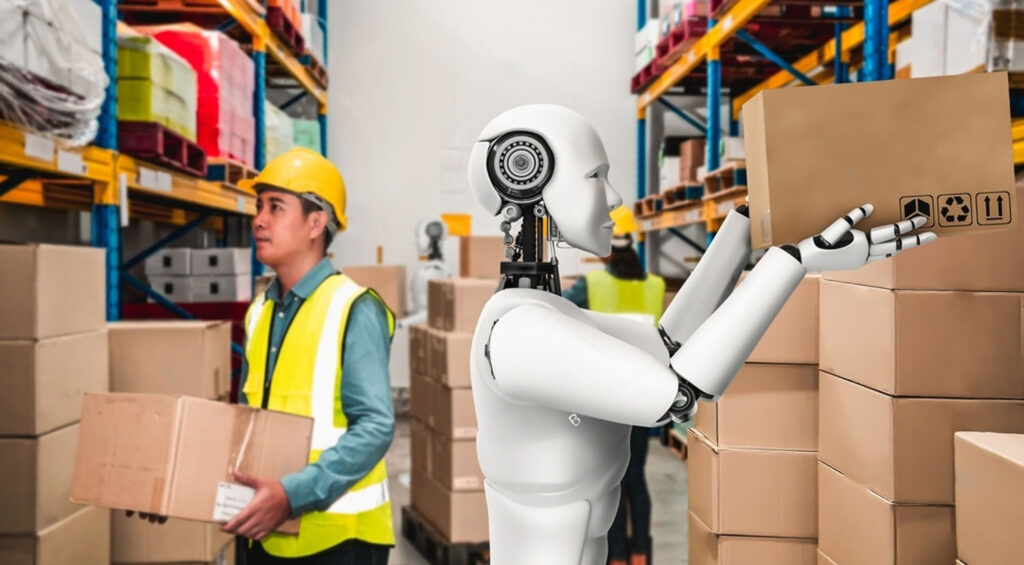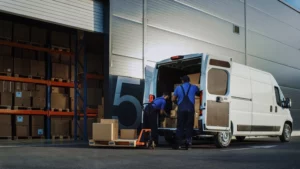Artificial Intelligence (AI) is transforming industries worldwide, and logistics is no exception. AI has the potential to revolutionize the logistics industry by enabling more efficient and effective operations, but the development of AI in logistics has been slower than expected.
Several factors are contributing to the slow development of AI in logistics. In this blog post, we will discuss some of the issues slowing down the development of AI in logistics.
Data Quality and Availability
AI algorithms require vast amounts of data to learn and improve. However, data quality and availability continue to be a major challenge for the logistics industry.
Logistics data is often complex, fragmented, and siloed across multiple systems, making it difficult to gather and analyze. Inaccurate or incomplete data can lead to incorrect decisions, making AI-based solutions unreliable.
Furthermore, logistics data is subject to confidentiality and privacy concerns, making it difficult to share and collaborate with others.
- According to a survey by Accenture, 97% of supply chain executives believe that data is essential to achieving their supply chain goals, but only 17% of them believe that they have high-quality data.
Lack of Industry Standards
The logistics industry lacks standardization in terms of data formats, protocols, and interfaces.
This lack of standardization makes it challenging to develop AI solutions that can be used across multiple systems and organizations.
Standardization efforts are underway, but it will take time for the industry to agree on common standards that can be adopted universally.
- A report by MHI and Deloitte found that only 11% of logistics and supply chain companies believe that they have complete visibility into their supply chain operations due to a lack of standards.
Cost and Complexity
AI technologies can be expensive to develop and implement, and logistics companies may not have the necessary resources to invest in them. Furthermore, AI solutions can be complex and require significant technical expertise to implement and maintain.
Small and medium-sized logistics companies may not have the resources or expertise to implement and maintain AI solutions, making it difficult for them to compete with larger companies.
Regulatory Barriers
The logistics industry is highly regulated, and regulatory barriers can hinder the development and adoption of AI solutions.
For example, autonomous vehicles are subject to strict regulations and may require changes to existing laws and regulations before they can be used in logistics operations.
Regulatory bodies need to keep up with the pace of technological advancements to ensure that regulations do not become barriers to innovation.
- A study by Accenture found that 71% of supply chain executives believe that the cost of implementing AI and other emerging technologies is a significant barrier to adoption.
Resistance to Change
Finally, there is resistance to change among logistics companies and their employees. AI solutions may require changes to existing processes and workflows, and employees may be resistant to learning new skills or adapting to new technologies.
Companies need to invest in change management and training programs to ensure that their employees are prepared to adopt AI-based solutions.
Conclusion
In conclusion, AI has the potential to transform the logistics industry, but several issues are slowing down its development.
These issues include data quality and availability, lack of industry standards, cost and complexity, regulatory barriers, and resistance to change.
Overcoming these challenges will require collaboration between industry stakeholders, regulatory bodies, and technology providers. Only then can the logistics industry fully realize the benefits of AI.





